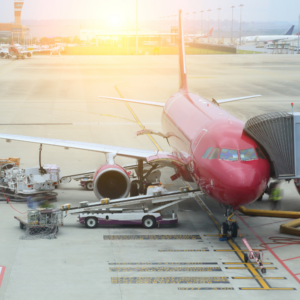
The air cargo transportation industry is at a crucial juncture, facing a landscape shaped by rapid technological advancements, shifting consumer behavior, and pressing environmental concerns. As global trade dynamics evolve, air cargo operators must adapt through digital transformation, sustainable practices, and innovative solutions to remain competitive and meet the market’s growing demands.
This article analyzes the key trends redefining air cargo transportation and examines how the sector is responding to an ever-changing market environment.
The Surge in E-commerce and Its Impact on Air Freight
The exponential growth of e-commerce has been a significant catalyst for change in the air freight industry. Consumers’ increasing preference for online shopping has led to a surge in demand for rapid and reliable delivery services. Major air cargo hubs, such as Frankfurt and Amsterdam, have expanded their warehousing capacities and handling infrastructure to accommodate this heightened demand. The challenge lies in maintaining service reliability while managing capacity constraints, especially as global supply chains face pressures from shifting trade patterns and geopolitical factors.
Digital Transformation in Air Freight Services
Digitalization revolutionizes air freight services, offering enhanced efficiency,
transparency, and customer experience. Adopting digital standards and frameworks enables seamless connectivity and instant information transparency. For instance, the International Air Transport Association (IATA) has introduced the ONE Record standard, created single-record views of shipments, and enhanced data sharing among stakeholders.
This shift towards digital platforms allows for real-time tracking, optimized route planning, improved capacity management, and meeting customer expectations for transparency and reliability.
Sustainable Practices in Air Freight Transport
Environmental sustainability has become a priority in the air freight transport sector. Airlines and logistics operators invest in sustainable aviation fuels (SAF) and develop programs to reduce greenhouse gas emissions.
The growing interest in minimizing environmental impact has led to the implementation of policies incorporating SAF costs into air cargo transportation rates, highlighting the need for regulatory support to foster a more competitive and accessible market for these alternative fuels.
In addition to using sustainable fuels, the industry is adopting additional measures, such as route optimization to reduce fuel consumption, fleet modernization with more efficient aircraft, and integrating digital technologies that enable more precise energy consumption monitoring.
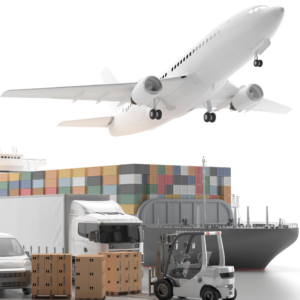
Challenges and Opportunities in Air Cargo Rates
The air cargo market has experienced fluctuations in air freight rates due to various factors, including capacity constraints, fuel prices, and geopolitical tensions. In December 2024, air cargo volumes were up 11% yearly, with global spot rates at $2.99 per kilogram.
While demand continues to outpace supply, airlines and logistics providers are exploring strategies to manage costs and optimize pricing models, such as dynamic pricing and revenue management systems, to enhance profitability and service delivery.
The Role of Freight Technology in Modernizing Supply Chains
Advancements in freight technology are crucial in modernizing supply chains. Integrating artificial intelligence (AI), the Internet of Things (IoT), and blockchain technology enhances operational efficiency, visibility, and security in cargo air transport. For instance, AI-driven systems can predict demand patterns, optimize routing, and manage capacity, while IoT devices provide real-time monitoring of cargo conditions. Blockchain offers a secure and transparent method for recording transactions and tracking goods across the supply chain, reducing the risk of fraud and errors.
International Air Freight Services and Global Trade Dynamics
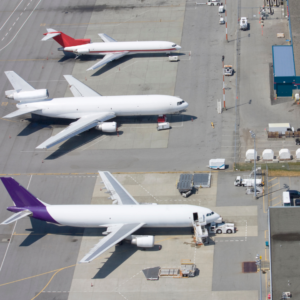
Additionally, partnerships and acquisitions among logistics providers are reshaping the competitive landscape, enabling companies to offer their clients more comprehensive and efficient services.
The Future of Air Freight Shipping
Looking ahead, the air freight industry is poised for continued transformation. Projections indicate that air cargo demand will grow by 4-6% in 2025, driven by sustained e-commerce growth and the need for rapid delivery services.
To capitalize on these opportunities, industry stakeholders must continue to invest in digital technologies, sustainable practices, and innovative solutions that enhance efficiency, reduce environmental impact, and meet evolving customer expectations.
A commitment to digital transformation, sustainability, and innovation characterizes the air freight industry’s adaptation to an evolving market. By embracing these trends, air cargo operators can navigate the complexities of the modern supply chain, delivering value to customers and contributing to the global economy’s dynamic landscape. As the market continues to evolve, the agility and resilience of the air freight sector will be pivotal in shaping its future success.

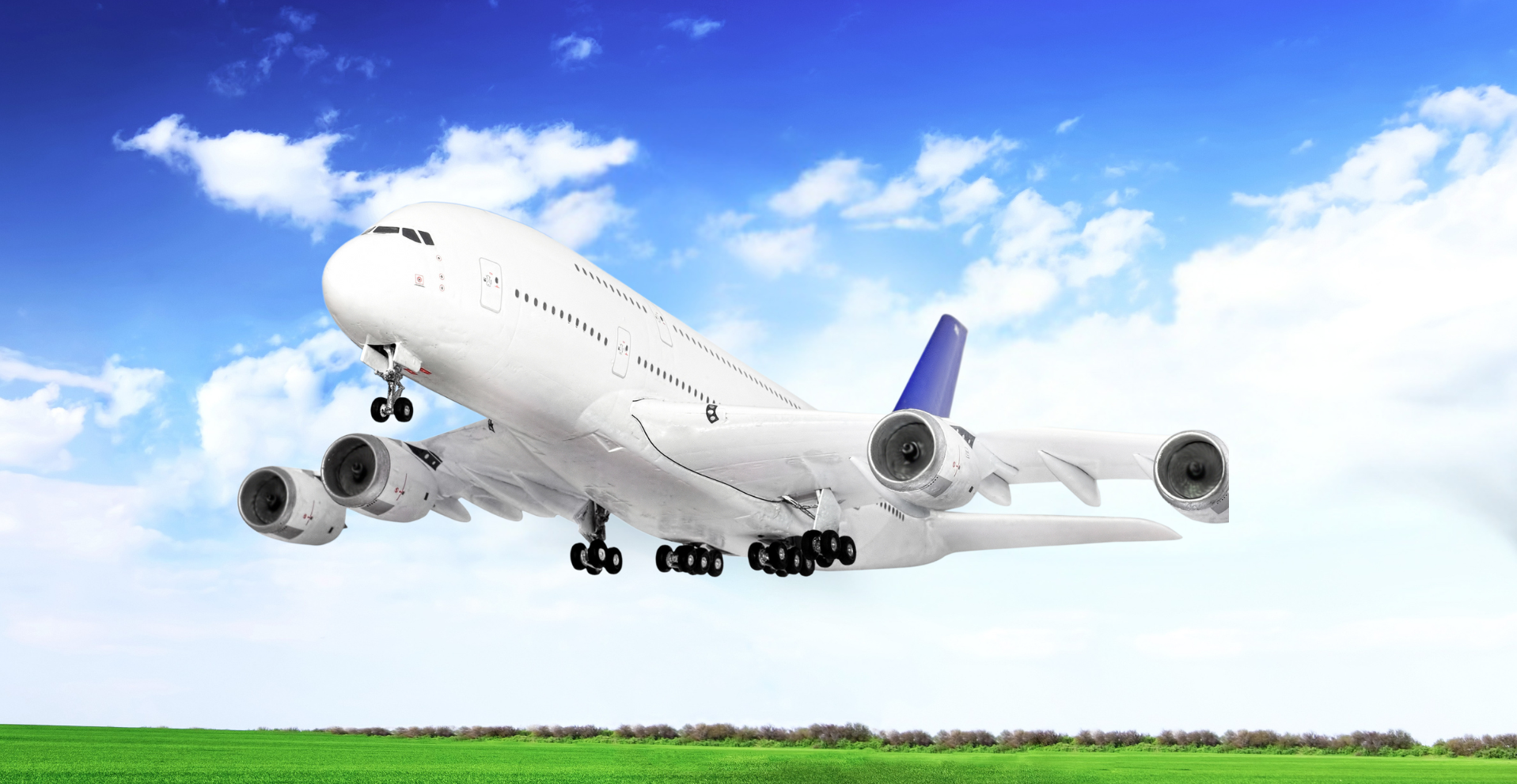
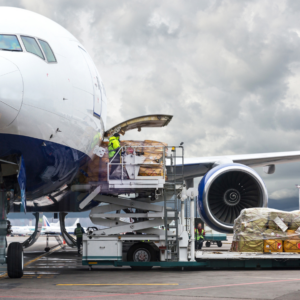

Leave A Comment
You must be logged in to post a comment.